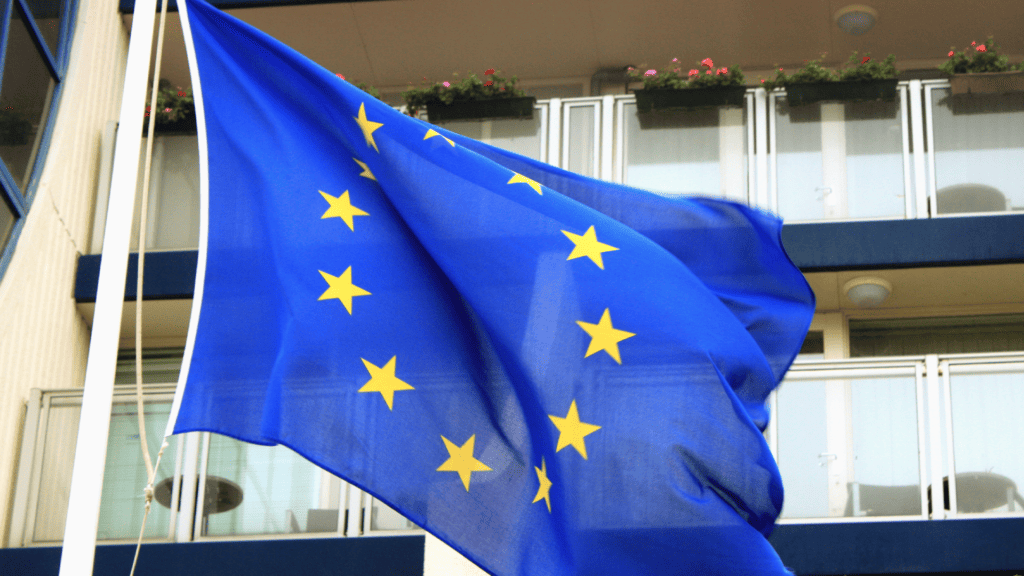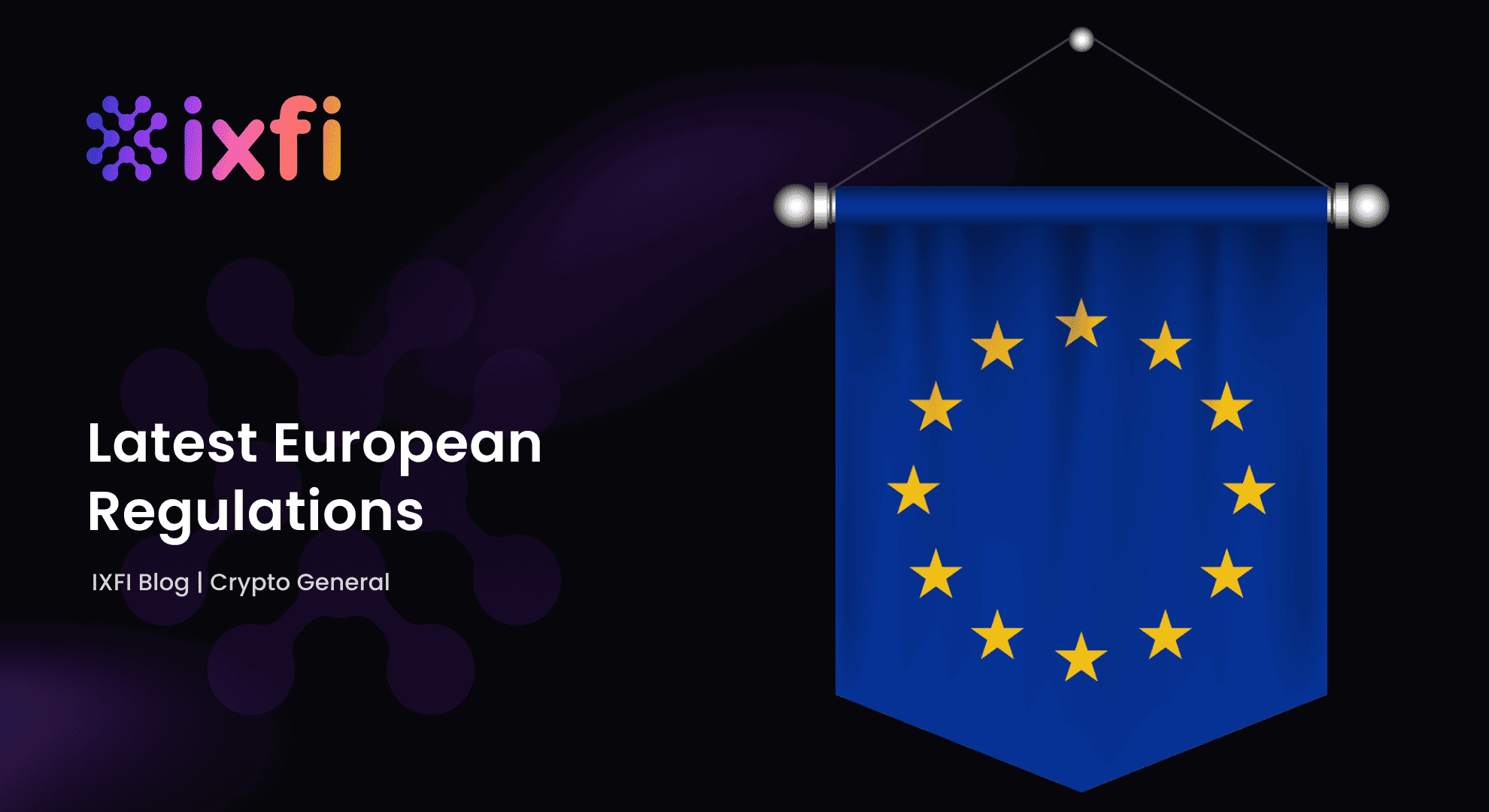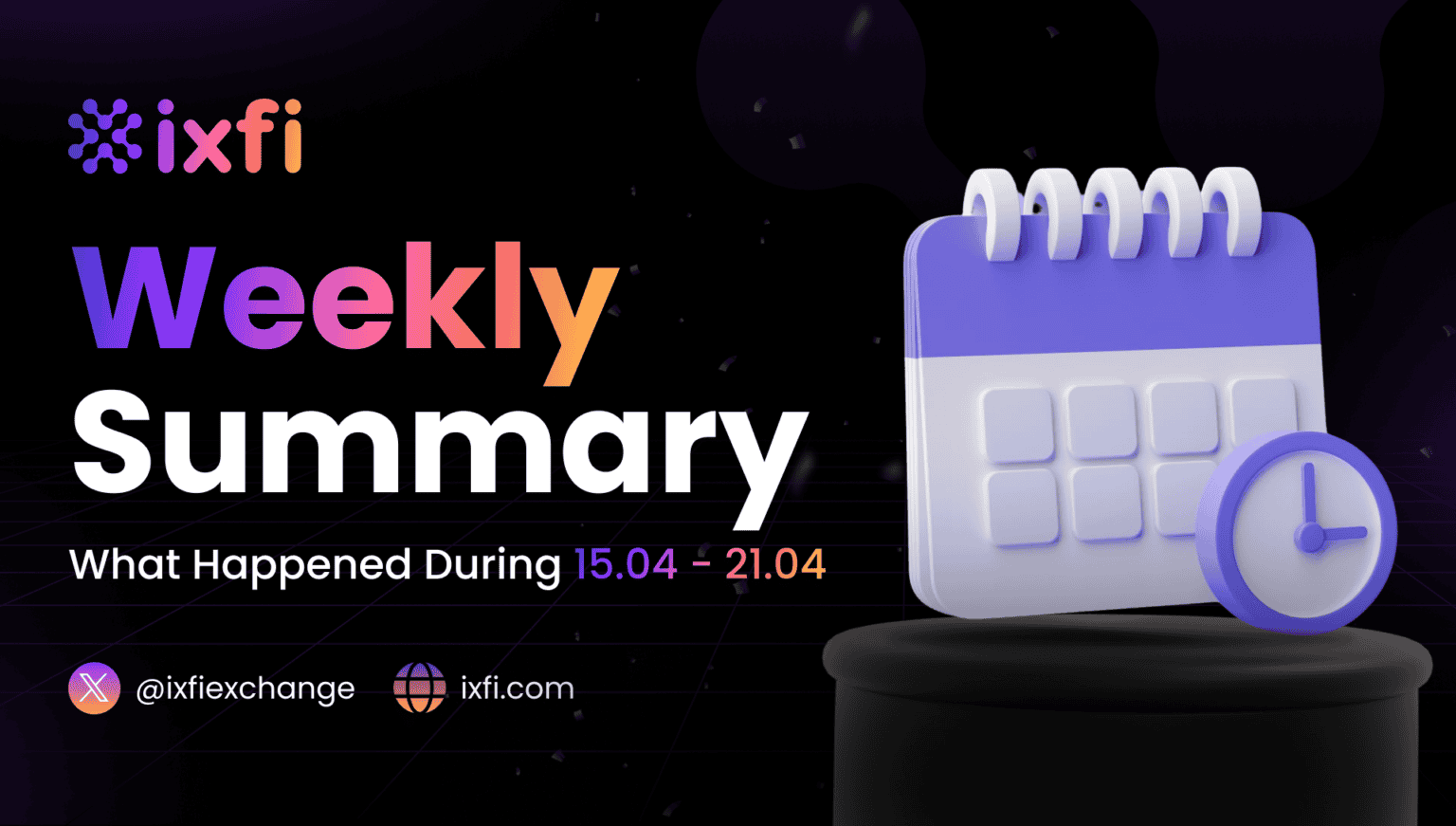Why are the regulations of crypto markets desired?
Most crypto users and enthusiasts are people passionate about technology, paying with crypto for goods and services, trading, donating to different campaigns – or simply like to keep their wealth in stablecoins (wherever it is or not a foreign currency for these people). The tremendous amount of money raised from Ukrainian cryptocurrency donations since the beginning of the conflict shows that the majority have good intentions and desire an alternative payment system to the classic ones offered by banks. Unfortunately, a small portion undertakes various illegal activities – officials concluded worldwide that it’s necessary to prevent crypto-related crimes.
The European Union began to regulate the crypto market after it became widely popular, and the number of cryptocurrency users increased exponentially, placing a great emphasis on preventing criminal activities. Money laundering is the headliner among all these activities, representing a priority. Therefore, the Council and The European Parliament reached a provisional agreement on the proposal to update the rules on information accompanying funds transfer.

Specifically, the regulations applied to fiat transfers will also apply to cryptocurrency transfers. Of course, the trend in general. For example, restrictions to prevent money laundering were already adopted in China and South Korea, including mining and exchange-related activities. The Financial Action Task Force (FATF) operates globally to avoid money laundering offenses, corruption, terrorism financing, etc.
What are the new proposals?
The new European provisional agreement stipulates that transfers of cryptocurrency assets (wherever it’s Bitcoin or other coins) will be tracked and identified to prevent digital crime. Also, suspicious transactions may be blocked. Through such law projects, cryptocurrency transfers will be tracked precisely like bank transfers, regardless of the sent amount. There is no minimum value threshold for transactions, so those guilty of crimes do not avoid the application of rules by sending more diminutive amounts. We will discuss below that there is a minimum threshold, but it applies only to transactions between an exchange wallet and a private wallet.
How are we doing with data and transaction control?
Once with the transaction itself, the details of the cryptocurrency sender and receipt must be collected and stored, thus ensuring traceability. If the authorities investigate and suspect money laundering or terrorist financing, cryptocurrency services must comply and provide transfer information. As the protection of personal data is a highly regulated area in the European Union – and in the definition of personal data, we include name, surname, and address, etc.-there is no guarantee that the receiving party information can maintain confidentiality, so such data will not be sent.
How exactly will the transactions be controlled?
The details of these transactions will be verified before the beneficiary has access to cryptocurrencies if the sender is suspected of money laundering or terrorism offenses that are subject to sanctions. A public registry for non-compliant or unsupervised crypto service providers (CASPs), which EU crypto service providers will not be allowed to transact with. Transactions from unhosted, private wallets are supervised if they interact with wallets managed by service platforms.
For example, a transaction from a Ledger that sends cryptocurrency to a wallet address hosted on an exchange platform, in case the conditions mentioned above are respected. However, transfers from users will not be performed without a CASP provider. Regarding verifications, even the service providers have some responsibilities: if the unhosted is owned or controlled by a user that sends amounts above €1,000. Through these new rules, the traceability of the money is ensured, and the register will keep track of sanctioned addresses.
Disclaimer: The content of this article is not investment advice and does not constitute an offer or solicitation to offer or recommendation of any investment product. It is for general purposes only and does not consider your individual needs, investment objectives, and specific financial and fiscal circumstances.
Although the material contained in this article was prepared based on information from public and private sources that IXFI believes to be reliable, no representation, warranty, or undertaking, stated or implied, is given as to the accuracy of the information contained herein. IXFI expressly disclaims any liability for the accuracy and completeness of the information contained in this article.
Investment involves risk; any ideas or strategies discussed herein should, therefore, not be undertaken by any individual without prior consultation with a financial professional to assess whether the ideas or techniques discussed are suitable to you based on your personal economic and fiscal objectives, needs, and risk tolerance. IXFI disclaims any liability or loss incurred by anyone who acts on the information, ideas, or strategies discussed herein.




